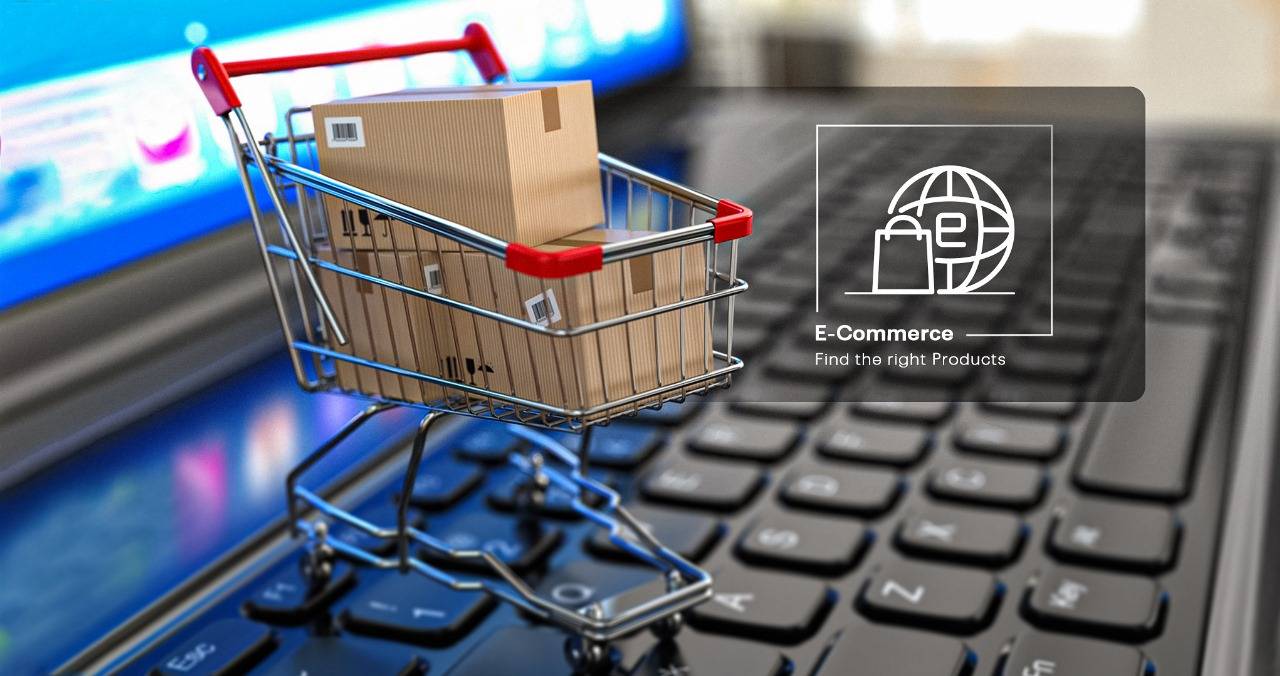Everything You Need to Know About B2B Ecommerce
What is B2B Ecommerce?
B2B e-commerce, or business-to-business electronic commerce, is the sale of goods or services through online transactions between businesses. Because orders are processed digitally, buying efficiency and effectiveness is improved for wholesalers, manufacturers, distributors, and other types of B2B sellers.
Understanding Your Business Model
As a B2B company, understanding your e-commerce model is important. Here's a breakdown of common categories, each with its own advantages:
1. B2B2C (Business-to-Business-to-Consumer):
Imagine a manufacturer cutting out the middleman and selling their products directly to consumers, creating a direct line from business to customer. This innovative approach is known as B2B2C (Business to Business to Consumer)
Benefits:
-Increased sales potential
- stronger brand control.
Examples:
Affiliate bloggers promoting a manufacturer's products.
2. Wholesale:
In the traditional business model, companies purchase goods in large quantities at a discounted rate and then sell them at retail prices. Historically, the wholesale industry heavily relied on phone communication and manual spreadsheet processes.
Benefits:
-Simplified logistics and established relationships with vendors.
Challenges:
Transitioning online requires a learning curve.
Solution:
B2B e-commerce platforms streamline the buying experience.
3. Manufacturers:
Manufacturers transform raw materials and components into final products. Within the B2B sector, they distribute these products to other manufacturers, suppliers, or wholesalers.
Example:
The auto industry relies heavily on B2B transactions for car parts.
Trend:
Manufacturers are increasingly selling directly to consumers (D2C) and offering online buying options for B2B partners.
4. Distributors:
Distributors serve as the vital link connecting manufacturers and retailers, overseeing product exposure, sales, and distribution.
Benefits:
-Reduced workload for manufacturers
-wider product reach
E-commerce Advantage:
Online platforms streamline logistics and shorten lead times.
Growth Potential:
Online marketplaces like Amazon showcase the power of B2B e-commerce distribution.
Advantages of Using a B2B E-commerce Platform
If your B2B company is still relying on outdated methods like faxes, cold calls, and Excel sheets, it might be time for a business transformation. Transitioning to e-commerce could be the key to bringing your operations into the digital age. Choosing a suitable B2B e-commerce platform is the crucial first step in this journey. With a wide array of platforms available, businesses have the opportunity to leverage cutting-edge e-commerce functionalities to cater to their customers' requirements and update their existing processes. Here are some compelling reasons why adopting a B2B e-commerce platform could significantly benefit your business:
1-Better management of suppliers and customers.
Operating an e-commerce platform provides you with the ability to centralize all operations, from handling customer information to fulfilling orders and managing inventory. By offering features for automated sales processes among companies, suppliers, and distributors, your e-commerce platform can enhance B2B operations efficiency and elevate customer satisfaction.
2-Sell more to existing customers.
With a platform that’s accessible and available to your audience, B2B e-commerce is a great chance to cross-sell and up-sell to existing buyers. And one of the best strategies to keep your customers intrigued is by offering a personalized experience.
3-Potential Expansion.
B2B e-commerce offers more than just targeting existing buyers, it presents a unique opportunity to venture into new markets and engage with fresh clientele. The diverse array of e-commerce platforms, marketplaces, and digital tools now available means that there are virtually unlimited possibilities for businesses looking to make the shift toward digital. This trend makes it increasingly convenient for B2B enterprises to establish a global presence or explore new product markets.
4-Better data analytics.
Having an e-commerce site comes with a significant advantage: the ability to monitor customer behavior during their shopping journey. By leveraging data analytics tools such as BigCommerce’s E-commerce Analytics and Insight Report, you can effectively pinpoint the successful aspects of your business and identify areas that require improvement. This valuable insight empowers you to make informed business decisions and enhance the overall user experience.
Top B2B E-commerce Examples
- Alibaba
- Tradeling
- Amazon
- Quill
- Bulkbookstore
In summary, This comprehensive guide empowers you to maintain B2B e-commerce, regardless of your experience. Discover diverse platforms and effective strategies to achieve success in the ever-evolving B2B landscape.

